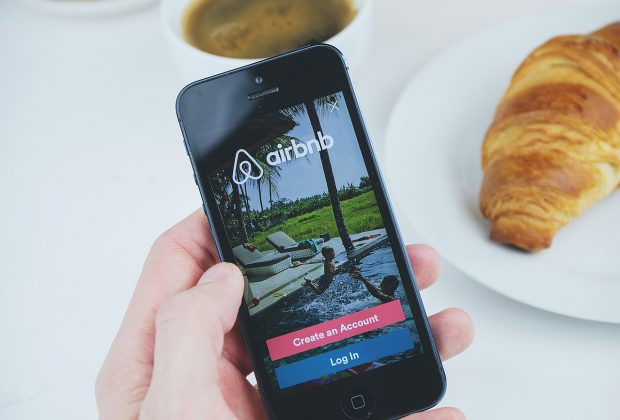In the past decade or so, dozens—if not hundreds—of apps have emerged to make it easier for people to pick up side gigs and part-time work. Simultaneously, these apps have decreased the costs of services for the average consumer.
Notably, Uber (along with Lyft) has disrupted the taxi industry, enabling anyone with a decent vehicle to become a personal driver, thereby making ride-hailing and transportation easier and cheaper. Similarly, Airbnb has made it easy for property owners to list and manage short-term property rentals; this makes it easier and cheaper to find a place to stay in a new area, while producing additional streams of income for property owners.
But are these apps, which support the gig economy, ultimately a good thing or bad thing for the economy overall?
The Benefits
Let’s start by looking at some of the benefits these apps bring to the general public.
- Work for anyone who wants it. First, just about anyone can sign up to work for an app like these. You may have to meet some baseline requirements, but you generally don’t need a college degree or much past experience. You can also typically work the hours you want in a flexible environment—which is perfect for people with other responsibilities, like a separate full-time job. For people who only need supplementary income, and for people who are desperate for any kind of work, this is a godsend.
- Higher consumer interest. Apps like these tend to lower prices and make it easier for consumers to purchase services; accordingly, it can increase demand. People who avoid hotels or taxis may be more interested in a low-cost room rental or ridesharing service. This generates more consumer spending, which bolsters the economy.
- Boosts to other industries. Almost any app that encourages consumer purchasing behavior has secondary effects on other industries. For example, if Airbnb and Uber make it easier for people to travel, more people are going to travel; they’re going to spend more on local activities, restaurants, and bars, which can increase tourism dollars. Other industries, like home cleaning and car maintenance, can also stand to improve.
- Simplified transactions. Paying for a ride is both safer and easier with an app like Uber than with a traditional taxi. Simplified, safer transactions mean consumers are much more confident, and economic activity is more likely to go through.
The Downsides
However, there are also some downsides to consider:
- Pay, benefits, and job security. The gig economy has attracted significant criticism because of the status of its “workers.” In most cases, workers are treated as independent contractors, rather than employees; they make less money than their full-time counterparts, and don’t have access to benefits like health insurance. This can disproportionately harm people in poverty, forcing them to work in conditions that never allow them to advance their careers. Similarly, because many of these apps depend on consumer demand to remain active and also employ thousands of other people, job security can be a concern. Contractors are paid by the gig, so if the gigs stop coming in, they may have nothing else to turn to.
- Impact on existing jobs. All over the world, taxi drivers have banded together to protest apps like Uber. In many cities, taxi drivers are required to hold and maintain a specialized license (which is typically ridiculously expensive). Uber drivers, by contrast, don’t need to meet any special requirements in most areas—yet they’re still capable of encroaching on traditional business models. There’s room for debate here, obviously, but in the short-term, the emergence of these apps is putting pressure on people who invested everything into a long-term career.
- Accumulation of profit. Most apps work by scraping a small fee from each transaction; consumers and contractors alike typically don’t notice, but over the course of millions of transactions, this adds up to a massive amount of revenue for the business. This still often isn’t enough to compensate for the costs of administration and marketing, but it’s concentrated in one organization—often far away from the local area in which the economic transactions occurred.
- Local interests. Consumers relying on national app-based services may elect to use those services over the local businesses and professionals in their destination city. This can be a bad thing for local economies overall, even if it brings in more tourism dollars.
Ultimately, the gig economy neither has the power to disrupt or “ruin” the greater economy, nor is it a universally good change to our financial environment. Apps like Uber and Airbnb have had powerful positive effects, providing new opportunities and new revenue generation for local areas, but they also have downsides, of which we should be wary.






